When Does The VA Have The Duty To Assist Under The AMA?
One of the main purposes behind implementing the Appeals Modernization Act (AMA) was to speed up the VA claims process. According to Congress, one way to do this is to lessen the VA’s duty to assist Veterans in developing their claims. In a nutshell, the duty to assist requires the VA to gather information that may help support the Veteran’s claim, such as service personnel records, service medical records, and VA medical records. Unfortunately, the AMA changes when the VA has the duty to assist.
Of course, this does not sound like a good thing. Given how complex the VA claims process is, assistance is exactly what Veterans need. If the VA wanted to provide less assistance, then arguably they should have made the process LESS complicated rather than more complicated. However, we will save that conversation for another day. In this post, we are going to provide an overview of when the VA still has the duty to assist under the AMA, so Veterans can navigate the process properly.
Here are the basic principles to remember:
- The VA ONLY has the duty to assist during an original or supplemental claim.
- Once the VA issues a Ratings Decision on an original or supplemental claim, the VA no longer has a duty to assist the Veteran in developing evidence to substantiate the claim.
- Therefore, the Board of Veterans’ Appeals (Board) has NO DUTY TO ASSIST the Veteran. This means the Board will no longer be obligated to remand decisions for the purpose of developing additional evidence for the claim. However, if the Board finds that the Regional Office made a duty to assist error, it can remand the case and instruct the Regional Office to fix that error. It is important to note that the duty to assist error must be pre-decisional, meaning it occurred prior to the Agency of Original Jurisdiction (e.g. Regional Office) adjudication on appeal. In other words, the only evidence that can be looked at for duty to assist errors under the AMA, has to already be in the file prior to the initial decision.
- Additionally, the VA does not have a duty to assist if the Veteran chooses higher level review (HLR). However, similar to the Board, the reviewer is supposed to “return the issue for further development” if he or she finds a previous duty to assist error.
Feeling overwhelmed? You are not alone. However, it is our job at Centonzio Law to understand this process and help veterans navigate it to obtain the benefits they rightfully earned. If your claim has been denied, contact our firm for a free case evaluation by clicking here.
